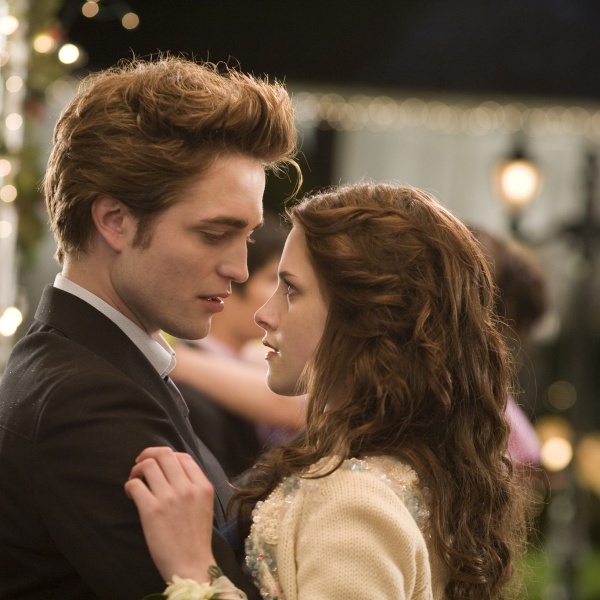For better or worse, there’s a tradition of precocious teens on film.
From “Heathers” to “Mean Girls” to “Euphoria” to “Mean Girls” again, teenagers — especially American ones — are perceptive, manipulative, sexualized, and adventurous… eminently watchable even when they’re not relatable.
But elsewhere in the world of filmmaking and adolescence, there are so many other ways to grow up. There are teenagers who still feel like children, others who can’t act on their changing minds and bodies, others still who don’t share their peers’ new interests and feel alienated as a result. Shuchi Talati’s striking Sundance debut “Girls Will Be Girls” is about one such teenager, the quiet, obedient, and book-smart Mira (Preeti Panigrahi).
Mira is the first female head prefect to be appointed at her boarding school in North India, a responsibility she does not take lightly as she is tasked with keeping classmates and friends in check. But the arrival of new student Sri (Kesav Binoy Kiran) quickly threatens the star student’s social and academic standing while adding a terrifying variable to her rocky relationship with mother Anila (Kani Kusruti).
With her first feature, Talati expertly captures the quiet wonder and aching intensity of adolescence, first love, and caring about someone whose dueling duties and desiressometimes stop them from behaving as they know they should — and that’s Anila, not Sri. The young man elicits feelings neither woman knew she had or was even capable of, creating a gripping emotional backdrop for the film. Talati writes from a place of empathy rather than judgement, her care for Mira evident in every word and shot. The dialogue is meticulous yet authentic, even when describing new experiences and sentiments that the audience is familiar with; it depicts Mira ultimately, not as naive, but as so many young people feel on her journey of discovery — like an explorer.
It’s also Panigrahi’s feature debut — thanks to an open call and “Life of Pi” and “Monsoon Wedding” casting director Dilip Shankar — and the actress makes an immediate impression, capturing Mira’s pride and ambition at school while delicately recalibrating her confidence when it comes to Sri. Again, her innate affection for the character shines through, strengthening Mira’s burgeoning sexuality and rebellion rather than positioning her new traits as flaws. The chemistry with Kiran (another debut) is palpable, and disarming in how accurately it depicts the thrill of budding romance and stolen moments. As Anila, Kusruti finds an impeccable balance between a woman wrestling with her own arrested development while trying to protect and support her daughter — a needle that too many texts fail to thread, but not this one.
All of this is bolstered by Talati’s outstanding production team, who craft an intimate and immersive narrative from start to finish. Mira and Sri’s developing relationship is told through gasp-worthy shots of their tentatively touching hands and strategic closeups that deliver all the emotional weight behind a physical relationship. The sound team of Carole Verner, Laure Arto, and Colin Favre-Bulle makes every word and pause rich with resonance (and a special mention should be made for Sneha Kanwalkar, whose original song accompanies one of the most jarringly relatable moments this reporter has ever seen on screen).
And unlike commercial Hindi cinema, where themes have to be hammered home explicitly for a massive global audience, “Girls Will Be Girls” deals in subtlety, leaving its title, implications, and final moments sublimely open to interpretation. Talati finds constant poignance in girlhood, beautifying even heartbreak and doubt in the process of reflecting. While films like the blockbuster “Rocky Aur Rani Kii Prem Kahaani” topple the patriarchy and preach progress, “Girls Will Be Girls” supports its heroines by acknowledging that the foremost battles for liberation take place at home, in school, or alone in a room while blasting your favorite song.





